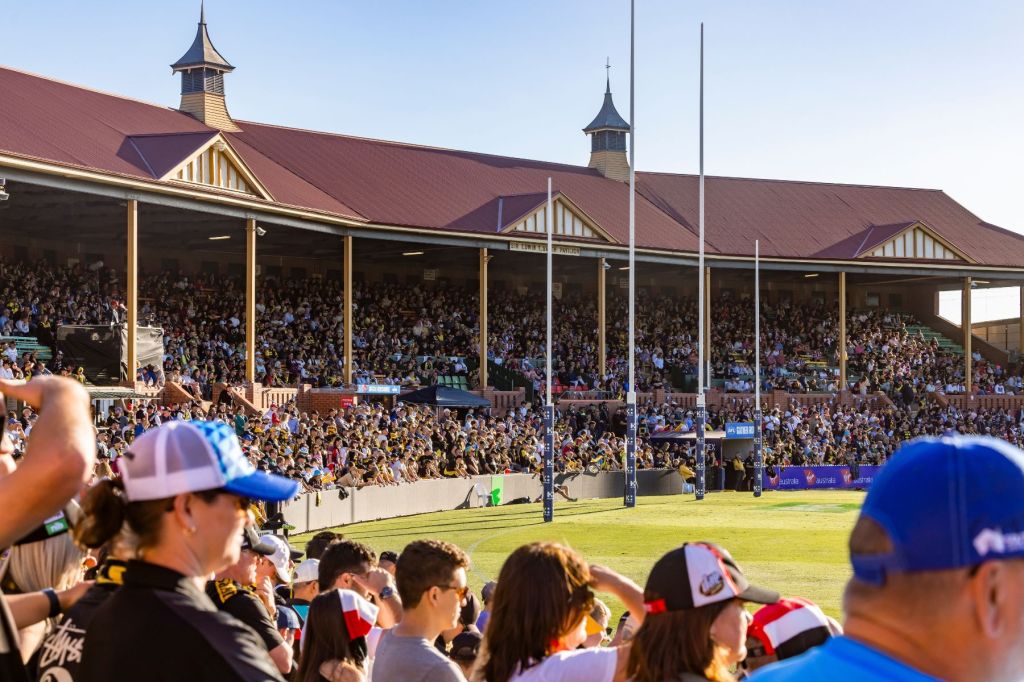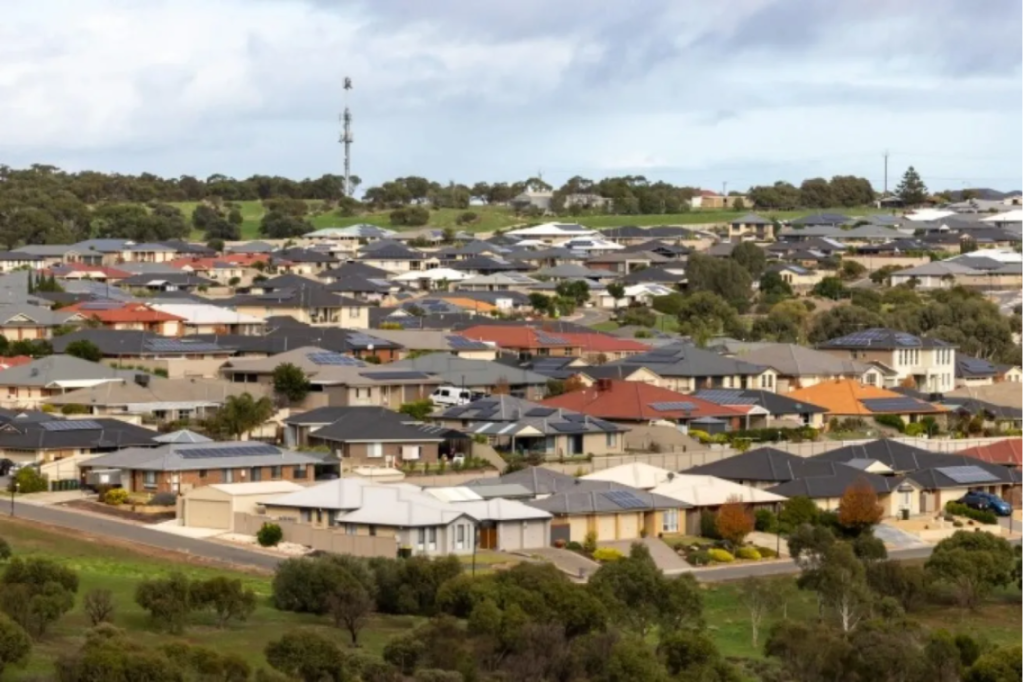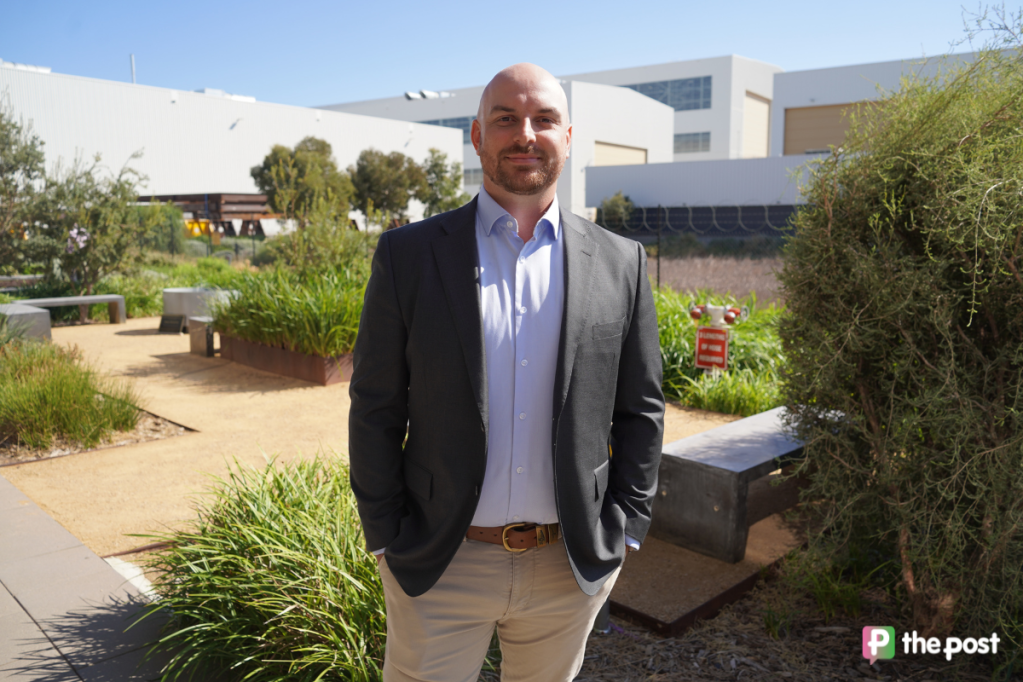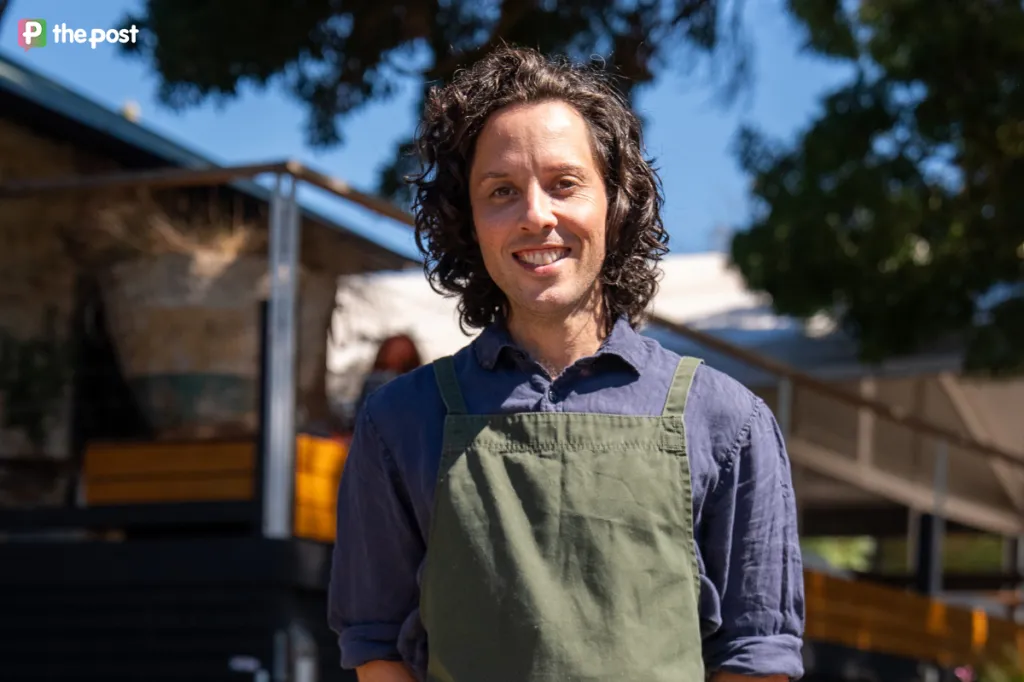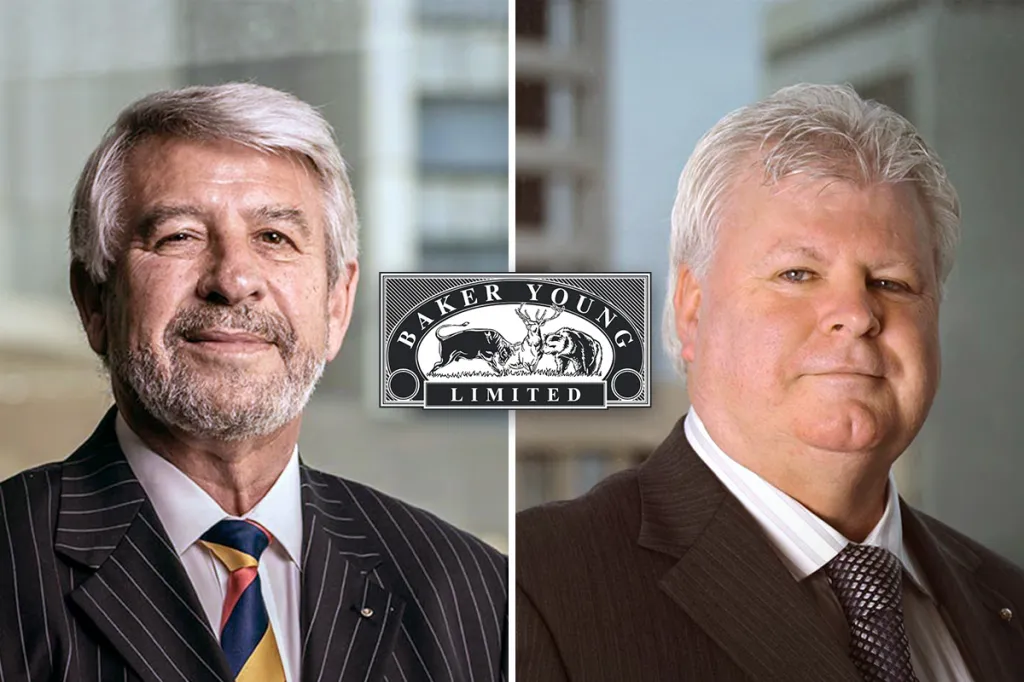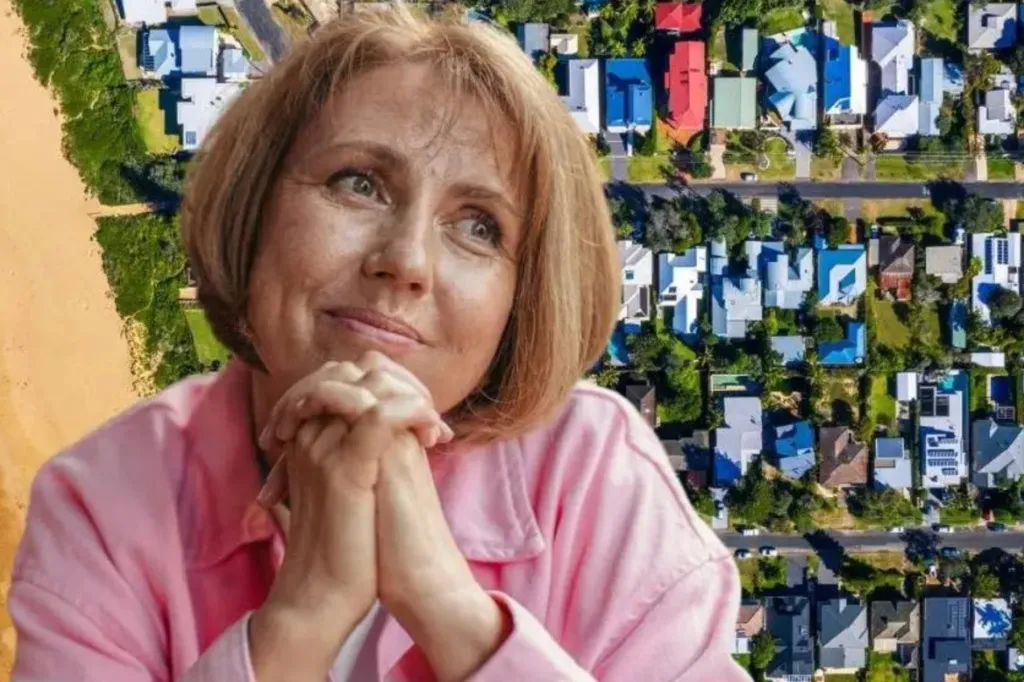Top creative industries expert champions public ownership of music venues
A southern suburbs football club’s support of local artists was highlighted at a recent state parliament inquiry into creative venues, while the tourism commission was slammed for doing “little to showcase South Australian talent”.
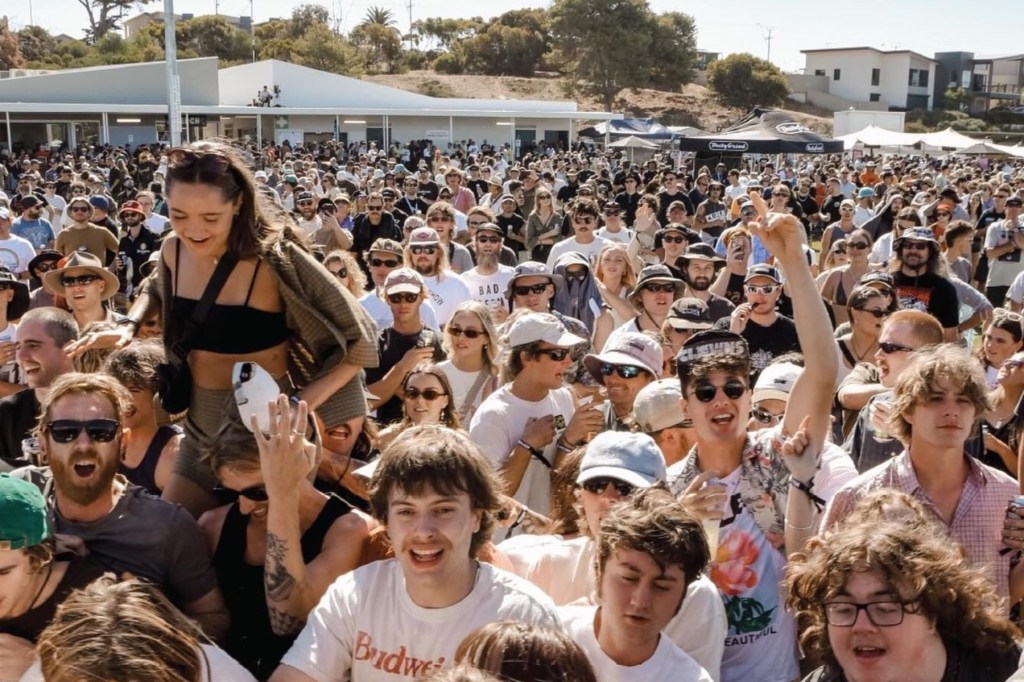
Dr Sam Whiting told the Legislative Council’s Select Committee on Local and Live Creative Venues that public ownership of creative venues had benefits beyond financial sustainability.
The RMIT Vice-Chancellor’s Senior Research Fellow – previously a lecturer in creative industries at UniSA – gave evidence last week regarding the impacts and reasons for the loss of live music and creative industries in South Australia.
He said inflation, disruptions to supply chains post-COVID and rising insurance premiums were all major contributors to the ongoing struggles of the live music sector in the state.
But one solution could be public ownership of creative venues, he said, noting there was precedent in SA, such as the state and local governments owning the freehold land for the Thebarton Theatre and Lion Arts Factory.
“This public provision of local and live creative venues provides spaces for belonging and common experience that increases social cohesion, as well as subsidising the costs of these spaces,” Whiting said.
“I believe the expansion of public or community-owned live music and creative venues, whether by local or state governments, in collaboration with other not-for-profit community groups such as football clubs or other cultural groups, could further remedy issues regarding supply.”
One example of community groups working closely with promotors was the Port Noarlunga Football Club’s Nice Day To Go To The Club music festival, Whiting said.
The annual music festival – which this year featured SA artists like The Mark of Cain, Teenage Joans, West Thebarton and more – is hosted by the Football Club and Moana-based record label Daybed Records.
“[Nice Day To Go To The Club] is a great example of concert promoters working with community groups and local governments to support South Australian music,” Whiting said.
You might like
“That is a model that could be expanded further, and I encourage the committee to consider opportunities for that.”

Dr Sam Whiting is an expert in creative industries and a RMIT Vice-Chancellor’s Senior Research Fellow. Photo: Facebook.
On the other end of the spectrum, Whiting said consolidation of the music industry was problematic and pointed to the recent Four Corners special on Live Nation.
He said companies like Live Nation “can now effectively control every supplier and contractor needed to host [a] live event…[which] reduces competition and pushes more risk onto artists”.
“Live Nation is a part-owner in Hindley Street Music Hall and has used this position to pressure other medium-sized venues like the Thebarton Theatre into using their subsidiary contractors and suppliers such as Ticketmaster,” he said, under Parliamentary privilege.
“I don’t believe those large multinationals are particularly invested long-term in the Australian music industry as they can buy out competitors and consolidate demand towards their high-end concert tours.”
A Live Nation spokesperson said Whiting’s statement “alleging pressure on venues like Thebarton Theatre lacks any supporting evidence and is false”, noting Tickemaster has been the venue’s ticketing partner since 2014, prior to the opening of Hindley Street Music Hall.
The company also directed InDaily to a “Facts site”, which notes Live Nation operates less than 1 per cent of music venues in the country, and that in the past year 200 Australian artists earned $40 million through tours promoted by Live Nation companies.
Whiting went on to criticise the state government and the South Australian Tourism Commission (SATC) for “rewarding Live Nation for this sort of aggressive vertical integration as they did with the public funding of the Live Nation-promoted Harvest Rock Festival”.
“Although a great success for tourism and consumers, [Harvest Rock] did little to showcase South Australian talent and has now been permanently postponed,” Whiting said.
“Was Harvest Rock a boon for city businesses and consumers? Yes. As a short-term sugar hit outside of peak season, definitely, but was it a long-term investment in the South Australian music, creative and cultural industries? It seems not.”
A Live Nation spokesperson said “Harvest Rock festival injects millions into the South Australian economy, with a strong focus and key results on promoting local talent, produce, and businesses”.
Stay informed, daily
The festival generated $18 million in economic impact in 2023, Live Nation noted.
CityMag’s reporting on the 2023/24 music festival season found Harvest Rock was one of just two major music festivals in South Australia to have only one Adelaide act on the lineup, alongside Laneway.
In his evidence to the Select Committee, Whiting said “greater scrutiny of SATC’s spending initiatives is needed”.
“This sort of short-term boost tourism approach to events needs to change if we are to support the kinds of local and live creative venues that this committee is convened to support,” Whiting said.
“In much the same way that this government has invested in its sovereign industrial energy and manufacturing capacity with the State Prosperity Project, I believe it’s in the best interests of South Australians to invest long-term in supporting local talent and creative venues rather than importing that talent and workers from elsewhere to boost tourism for a long weekend.
“Procurement and public investment is a fundamental part of our industrial strategy, and this extends to music, culture and creative industries.”

Lee Gamble and Candela Capitán present Models at the Dom Polski Centre in Adelaide. Photo: Saige Prime/Unsound.
Another solution to embed live music and arts into communities would be to encourage community groups that own halls, clubs and other assets to make them accessible, suggested Whiting.
“I am thinking here of the Polish club here in Adelaide, which hosts the annual experimental Unsound music festival, and Estonian House in Melbourne, which was recently the venue for an artist-run and booked minifestival,” he said.
“Strategies to activate or convert underutilised community clubs or halls will mean cheaper tickets for audience members, more money for artists, and new revenue streams for these community groups.
“If done properly this would represent a win-win-win for these groups and would increase the social licence for music events in alternative venues and community spaces.”
The political inquiry was established in September to examine pressures facing South Australian live music and creative venues and will consider solutions to help ensure the sector has a future.
Greens MLC Tammy Franks secured the support of the Malinauskas Government to establish the Select Committee into local and live creative venues, which will explore the impacts of recent venue closures and what cultural infrastructure is required for a healthy sector.
Franks is chairperson of the committee that also includes independent Frank Pangallo, Labor’s Reggie Martin and Liberal Ben Hood.
Last month, Five Four Entertainment director Craig Lock revealed his music festival Spin Off, which has been running since 2012 and this year had Girl In Red, Conan Gray and G Flip headline, “might not continue”.
“It’s probably done,” he told the committee.
“My event is probably finished because of the situation in the music industry.”
The Select Committee continues.
